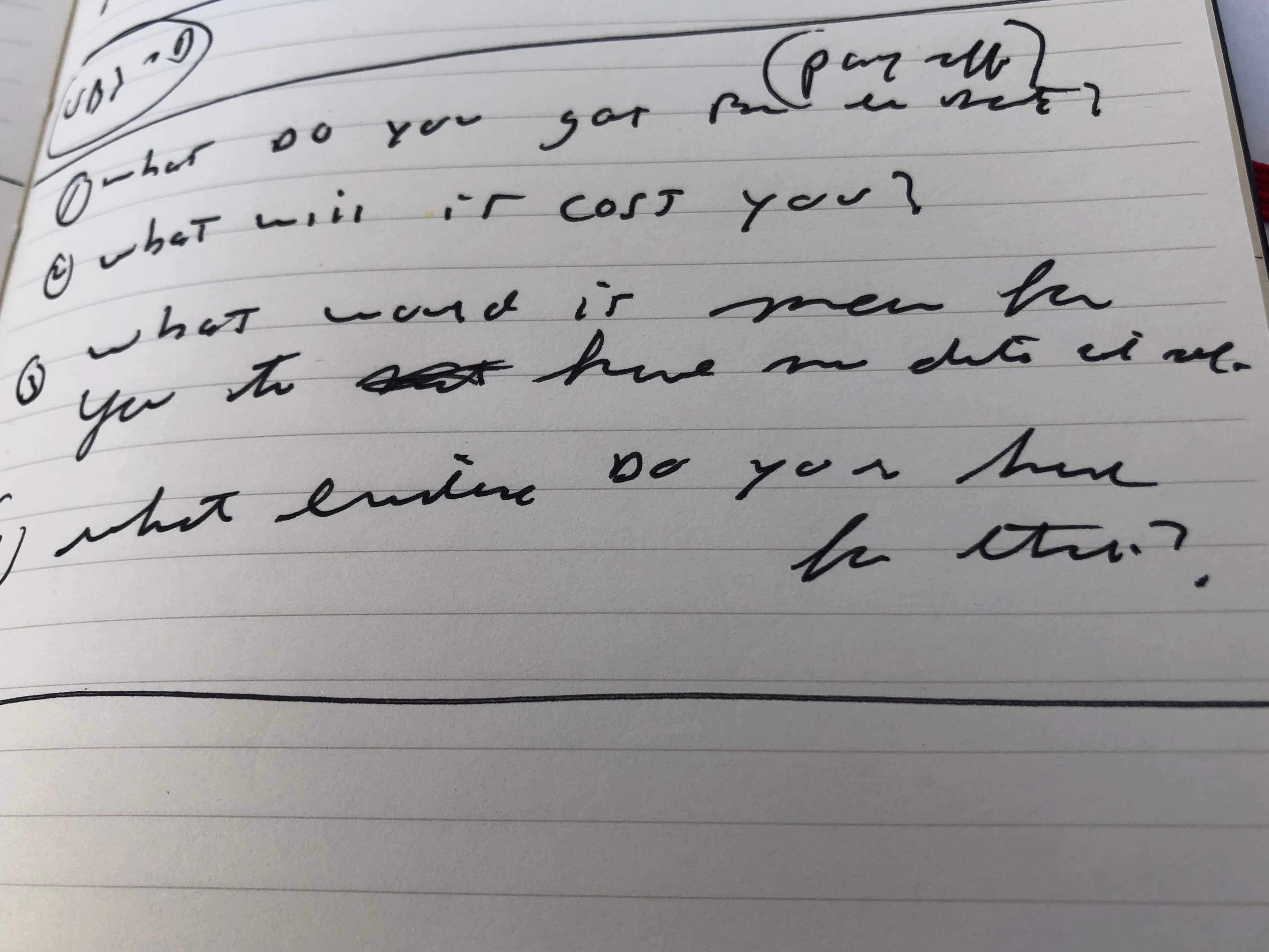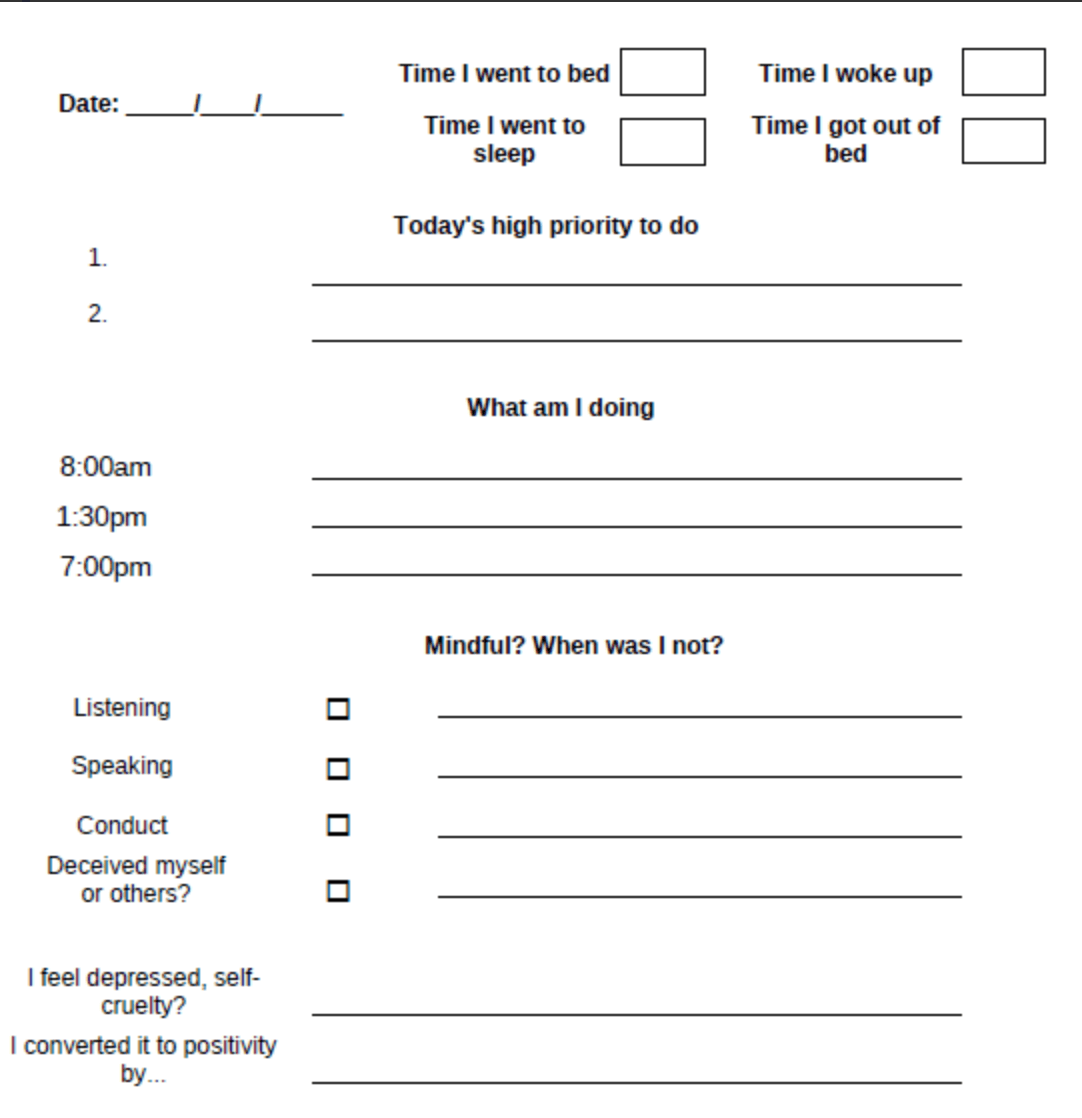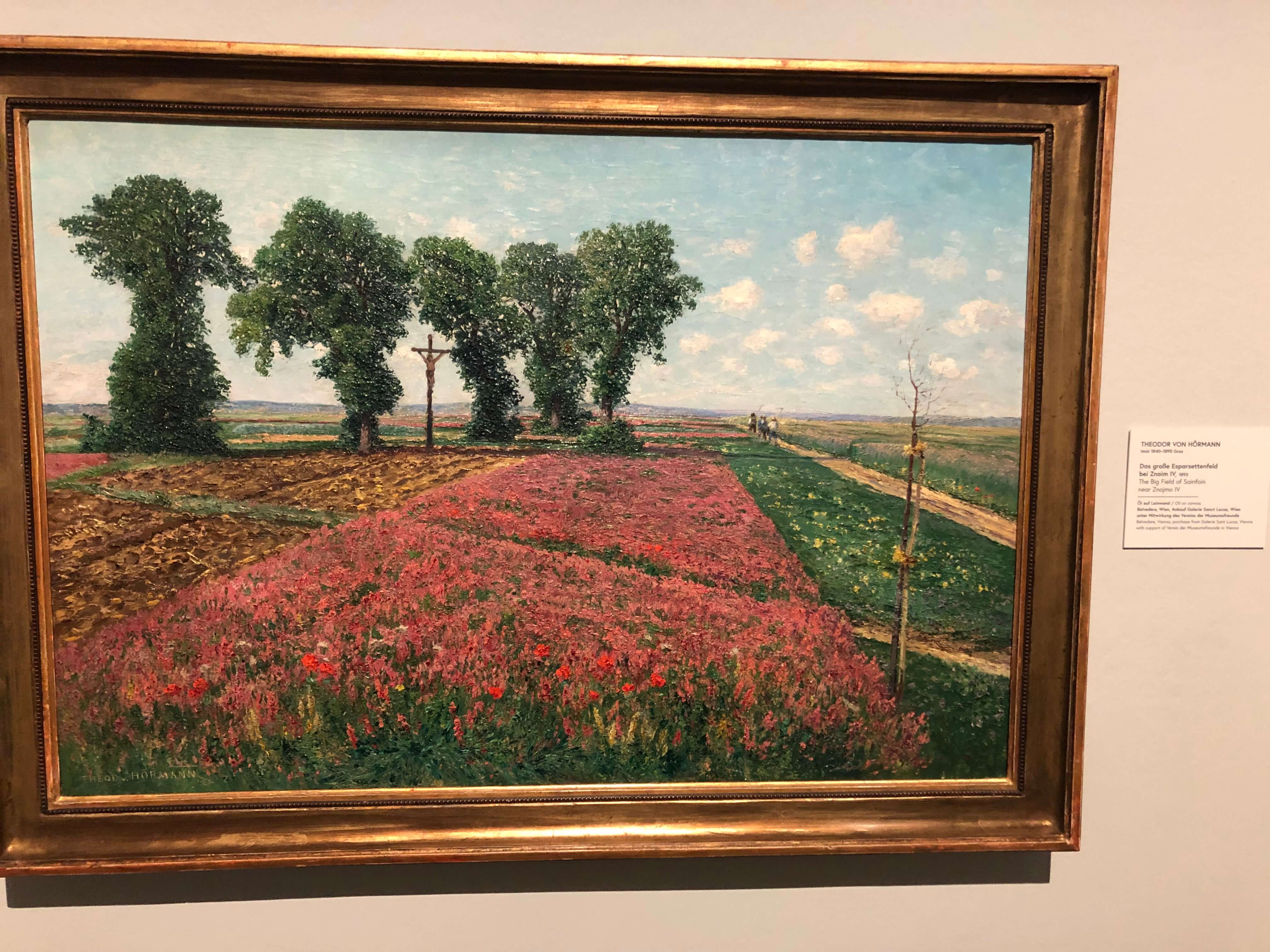“I forgot my luggage,” I said. “Must have left it at the hotel.”
The Russian cabbie didn’t care. He held his paw out for the cab fare as disgruntled tourists bustled past – luggage safely attached to whatever limb wasn’t brandishing a smartphone.
“Fifty,” the cabbie said.
I handed it over.
“Another one,” he said. “For tip.”
He didn’t deserve a tip, but I was too distracted to argue. I fished into my pocket and pulled out three, palming it to him to make him go away. But did I want him to go away?
“Can we make it?” I asked. “If we go to the hotel and then come back?”
The cabbie sneered through his stubble. He didn’t need to give me an answer. I looked at the flight board. I had a chance of missing it even though I was already in the airport. Security wasn’t cleared and immigration looked particular handsy.
“I need my luggage,” I said.
The cabbie left. A few fellow travellers took notice of me for all of half a second.
“It’s fucking important.”
Less people took notice. The words barely cranked out. My throat was too choked up. I struggled to breathe. Tears cut the corners of my eyes. I had to make a decision right then and there. Go back for my luggage and miss my flight. Or take the plane without my stuff.
And then I woke up.

In reality, this did not happen.
But sometimes our dreams are so vivid that when we’re in them, and even when we’ve long departed from them, they feel like reality.
We all have concrete memories that are actually dreams.
And we can have premonitions of the future when we close our eyes at night.
Don’t listen to anyone who tells you dreams have no meaning.
Just because they appear random doesn’t mean they are random.
Heed what Carl Jung says about dreams:
The two fundamental points in dealing with dreams are these: First, the dream should be treated as a fact, about which one must make no previous assumption except that it somehow makes sense; and second, the dream is a specific expression of the unconsciousness.
Sometimes we’ll consolidate information we’ve picked up in our waking life.
Sometimes we’ll play out our deepest desires or battle against monsters representing our darkest fears.
And sometimes we can access a realm of our being that is largely barred off from our understanding most of our lives.
Don’t ask advice from other people.
As the great poet Rainer Maria Rilke says:
You are looking toward the outside, and that above all is the one thing you should not do at this moment. Nobody can give you advice and help you. Nobody. There’s only one way. Go within yourself.
- Read More: Life Lessons from Rainer Maria Rilke
No one can help you.
You are completely alone.
The only reliable guide you have for how to live your life is laying dormant inside you.
Using your dreams is one avenue to unlock golden guidance.
Treat your inner self as a wise sage that knows what’s best for you.
You know what that dream about me potentially missing my flight at the airport means?
The plane/flight symbolises opportunity.
It’s a common anxiety dream.
Usually you’ll have this kind of dream the night before a trip.
But when you have this dream when you’re not taking a trip soon, it’s about missed opportunity.
If you dream you missed your flight, your unconscious feels as though you have missed an opportunity.
In my case, I didn’t miss the flight. The dream ended with me needing to make a decision.
I take the luggage to symbolise “preparation”.
If I go back for my luggage (translation: spend too long preparing), I will miss my opportunity.
This helped guide me in my latest venture as I’ve been procrastinating by over-preparing.
The time to act is now. Take the flight and leave your luggage behind.
This meaning is my meaning. It’s important to know that dreams have different meanings for different people.
As Jung says:
No dream symbol can be separated from the individual who dreams it, and there is no definite or straightforward interpretation of any dream.
Someone else could have had the exact same dream as me but the luggage could actually symbolise baggage.
Maybe that means you’ve broken up with someone recently and you need to leave the “baggage” behind.
Go into your next relationship, your next “opportunity”, without all the baggage that has weighed you down from your previous relationship.
I told my dream to a friend last night and she said she had the exact dream when she was with her ex.
She’d get this dream every two weeks or so. And she knew it was her unconscious telling her that being with her boyfriend meant she was missing out on other opportunities. She decided to break up a few months later.
Jung’s advice for how to interpret dreams is this:
Learn as much as you can about symbolism; then forget it all when you are analysing a dream.
Basically, don’t rely on dream dictionaries. Learn about symbolism, then take the training wheels off and think for yourself.
Write down your dreams in the morning as soon after waking as possible.
The longer you wait, the more the dream will blur and disappear into the ether, leaving key symbols lost and an opportunity to change nothing but a dying ember in the hearth.
Here’s a mini checklist you can go through when analysing your dreams:
- What are the core/key/most striking images of the dream? (e.g. a plane, a person, an animal, etc.)
- How are the images connected?
- Can you think of at least three potential meanings of the symbols?
- What was the mood of the dream? What emotions did you feel? (e.g. anxiety, nostalgia, heartbreak)
- Did the dream highlight a wish/ambition? Or did it work through a fear?
- What obstacles did you face in the dream?
- Could anything in the dream be read metaphorically? (e.g. a monkey on your back)
- Did the dream leave a question unanswered or present you with a decision to be made?
Of course, dreams aren’t the only way to give yourself advice. It’s one tool to get into the unconscious. We have others.
The 5-day practice.
I learnt this from Misha Thomas and it worked so well I can’t not recommend it to everyone.
You can see the full article on this here:
But in a nutshell:
Think of a problem you’re facing at the moment.
Maybe you’re depressed.
Maybe you have social anxiety.
Or think about a habit you would like to adopt (writing more, exercising, etc) or a habit you would like to unlearn (smoking, binge eating).
Think of what you need more of or need less of.
Then every day you will answer a series of questions:
- What do you get from X? What’s the payoff?
- What will it cost you?
- What would it mean for you to have no X at all?
- What evidence do you have for this?
You can add a few other questions into the mix too:
- What is the meaning of X?
- What is the story you are holding regarding all of this?
- What can you do as a matter of practice to ensure the holding of a preferred story?
The key here is to free-write without any judgement.
Be loving with yourself.
Explore. Be raw. Be honest.
And don’t do anything else.
You don’t need to implement changes.
You just need to commit to this practice of answering these questions every day for five days.
You’ll change all by yourself.
This practice, which is deeply rooted in CBT (which, along with Viktor Frankl’s logotherapy is the most powerful school of therapy), reminds me of this practice I saw investor Adam Townsend recommend:
He talks about how powerful this structure is as a behavioural modification tool.
He’s being using it for almost a decade, with it being particularly special when he became a full-time venture capitalist and was struggling with depression.
I’ve yet to try it. But it looks promising.
I love stuff like this. It’s like being your own mechanic. You need to know how to give yourself a tune-up.
What else can you do to give yourself advice?
You could go to an art gallery.
One of the most powerful practices I’ve ever adopted is this one that I learnt from the Wall Street Playboys:
You can check out how I put this method into practice here:
But in a nutshell:
You go to an art gallery alone.
Go with a specific problem in your mind.
Look at the different art works without your phone (no picture taking) and without reading the descriptions.
Clear your mind and keep going until you find those paintings you can get lost in or taken by.
Once you’ve gone through the gallery, there’ll be around five that really grabbed you.
Go back and find them.
Snap a picture of the art work and also the description.
Afterwards you will look for the common patterns that tell you what your unconscious wants you to know.
If you’re drawn to scenes of battles, it might mean you need to keep fighting.
If you’re drawn to ocean scenes, it might mean you need to take the riskier of two options.
If you’re drawn to scenes of torture, it might mean you are going down the wrong path in life.
There’s other ways into the unconscious.
To be honest, you don’t need more than an ability and willingness to analyse your dreams, work through some focusing questions each day, or take a trip to the art gallery.
But you can play around with stuff like tarot cards.

The friend who shared the same dream as me did my tarot reading.
She said a lot of stuff about fairies and positive energy.
I keep an open mind, but I don’t believe the accuracy of my reading had anything to do with spiritual forces or magnetic fields.
You hold a question in your mind before drawing these cards.
The interpretation of the cards can fit anyone.
But having your specific problem in your mind as you read through these cards is just another tool to get your creative problem solving ability working on a different level.
Keep playing around. Find your own tools. Go to the esoteric.
If it makes most people think you’re a weirdo, you’re probably on the right lines.
I’ve had my greatest breakthroughs doing deep diaphragmatic breathing in an ice water plunge pool.
I looked like a madman.
But I emerged from the pool with a whole new framework through which to view my life.
Even pretending that your life is a fiction will do wonders for identifying patterns and streams to follow or abandon.
That’s what my friend Misha Thomas does. He sees himself as a character and identifies recurring themes and motifs in his life.
When I wander through Vienna, I do the same thing.
I look at the beautiful architecture and the universe speaks to me.
Hot on the tail of that anxiety dream about potentially missing a flight, I look up to the sky and see a jet stream blanched against the blue of the heavens above a church.
Zooming in later, I see the all-seeing eye in the pyramid engraved on the church.
If you believe life is a simulation, you’ll start to see evidence of the programming everywhere.



